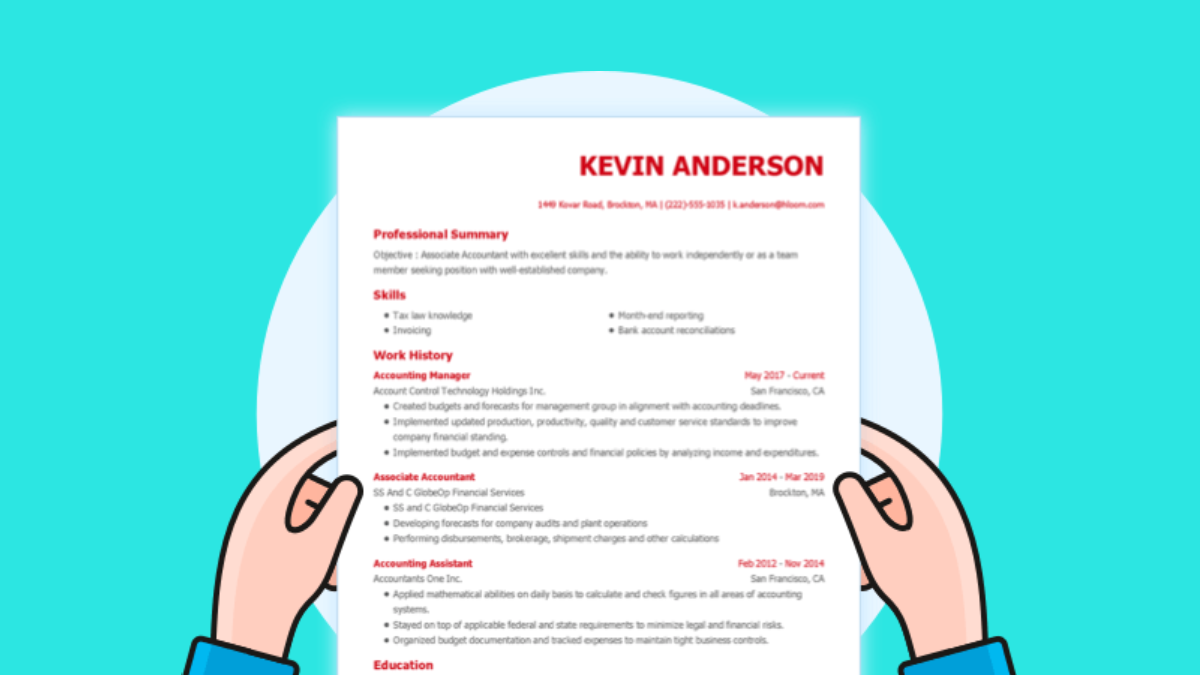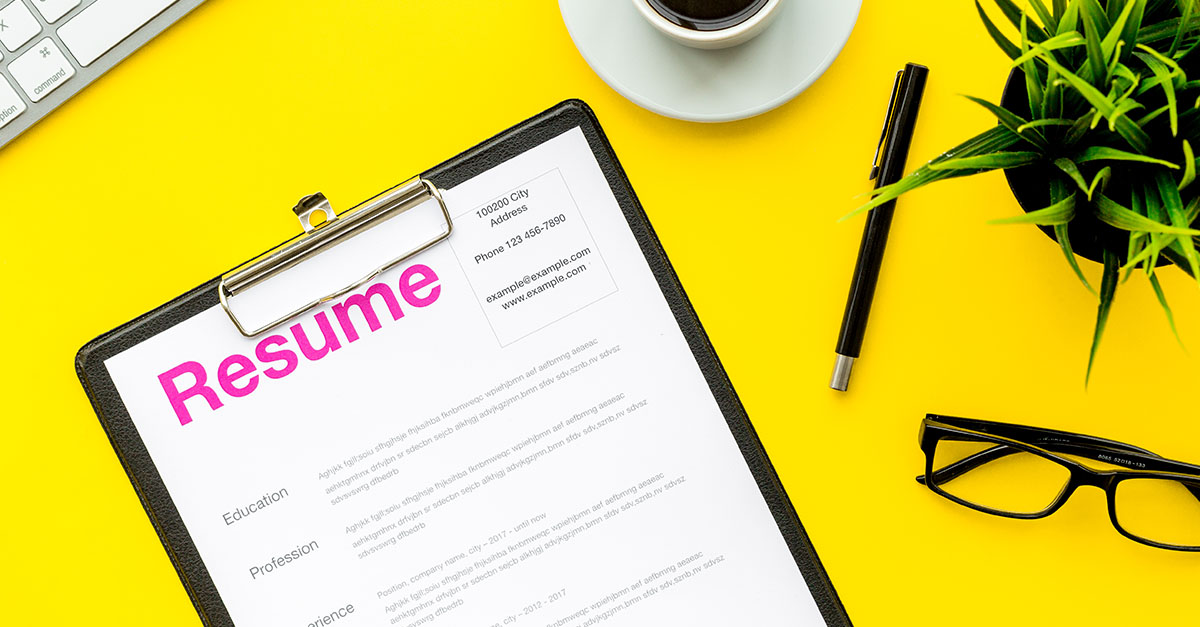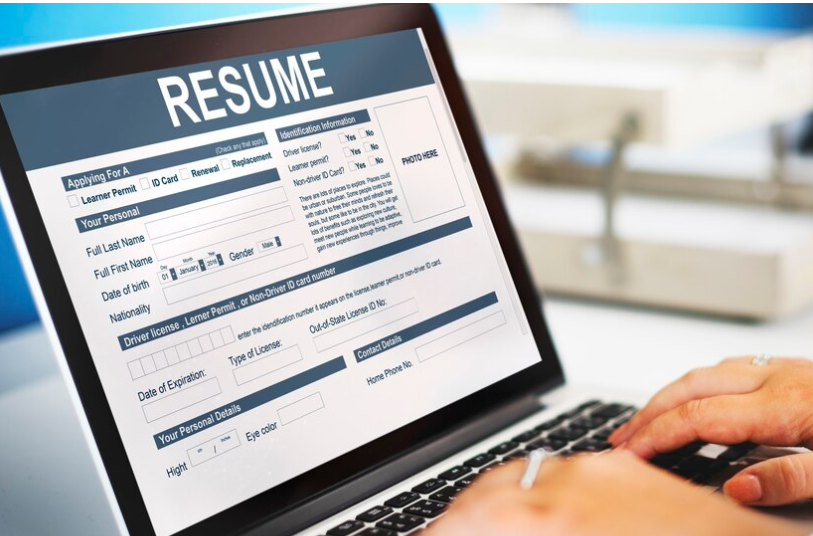Landing a job in Australia starts with having a professional, local-style resume. Whether you're an international student, a recent graduate, or new to the Australian job market, here are the most important tips to help you stand out and get interviews. Let us know later!
Here we share some websites where you can make your Australian resume:
MyPerfectResume
1. Use the Right Format
Australian resumes are typically 1–2 pages long and straight to the point. Here’s the common structure:
-
Contact details (name, phone number, email, LinkedIn)
-
Professional summary (2–3 sentences)
-
Key skills (bullet points)
-
Work experience (most recent first)
-
Education
-
Certifications and additional training (if relevant)
-
References (optional or "Available on request")
👉 Tip: Avoid including your photo, date of birth, nationality, or marital status — this is not necessary in Australia.
2. Tailor Your Resume for Each Job
Don’t use a generic resume. Read the job ad carefully and make sure to:
-
Match keywords from the ad
-
Highlight relevant skills and experience
-
Mirror the language used by the employer
👉 Tip: Use a tool like Jobscan or ChatGPT to check how well your resume matches a job description.
3. Write a Strong Professional Summary
Your summary should show:
-
Who you are professionally
-
What you’re good at
-
What you’re looking for
Example: Motivated marketing graduate with experience in social media and content creation. Skilled in digital strategy, analytics, and campaign management. Currently seeking entry-level roles in Sydney’s marketing industry.

4. Highlight Transferable Skills
If you don’t have local experience, focus on transferable skills like:
-
Communication
-
Teamwork
-
Customer service
-
Problem-solving
-
Adaptability
👉 Tip: Add any volunteer work or uni projects that show you can work in a team or manage responsibilities.
5. Use Clear, Professional Language
Australian employers value:
-
Plain English
-
Active verbs (e.g., managed, created, assisted)
-
Short paragraphs and bullet points
👉 Tip: Avoid overly technical jargon unless the job requires it.
6. Don’t Forget Your Cover Letter
A well-written cover letter can boost your chances of getting an interview. It should:
-
Address the hiring manager if possible
-
Mention the job you’re applying for
-
Explain why you’re a good fit
-
Be no longer than one page
Related Blogs
-

Employment opportunities for international students in Australia
Australia's educational institutions encourage creativity, entrepreneurship and independent thought. .....
-

Step-by-step Guide to Writing a Great Resume
Applying for your dream job or college? A great resume is the key to helping you land an interview a .....
-

Effective Ways to Boost Your Job Search
Are you on the hunt for your next role but feeling overwhelmed by the process? Searching and applyi .....